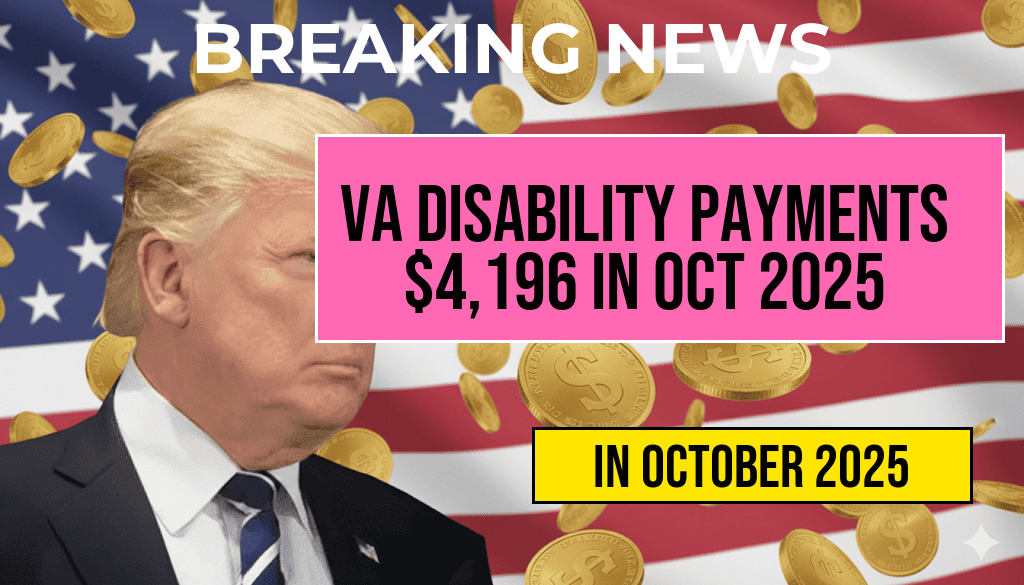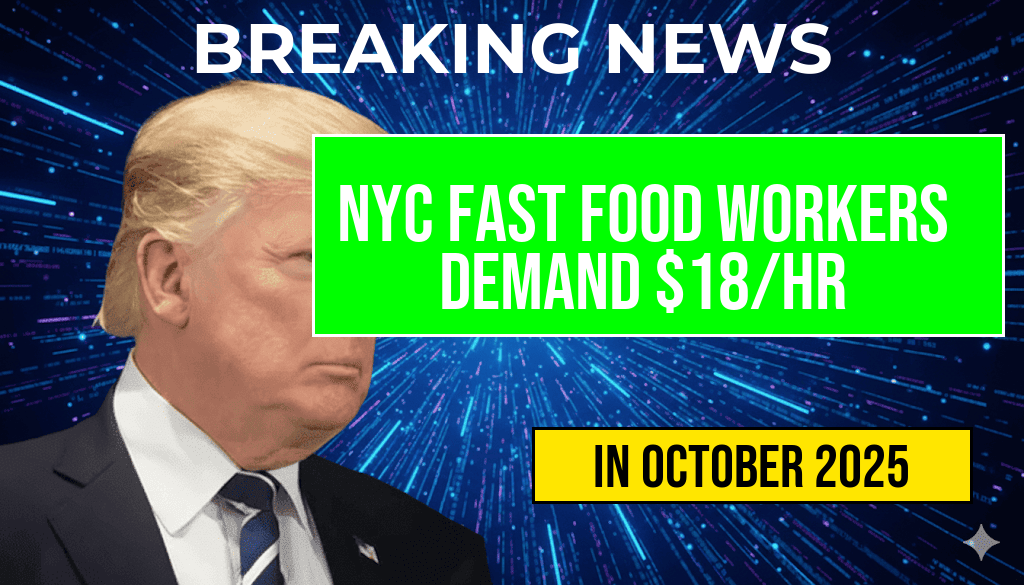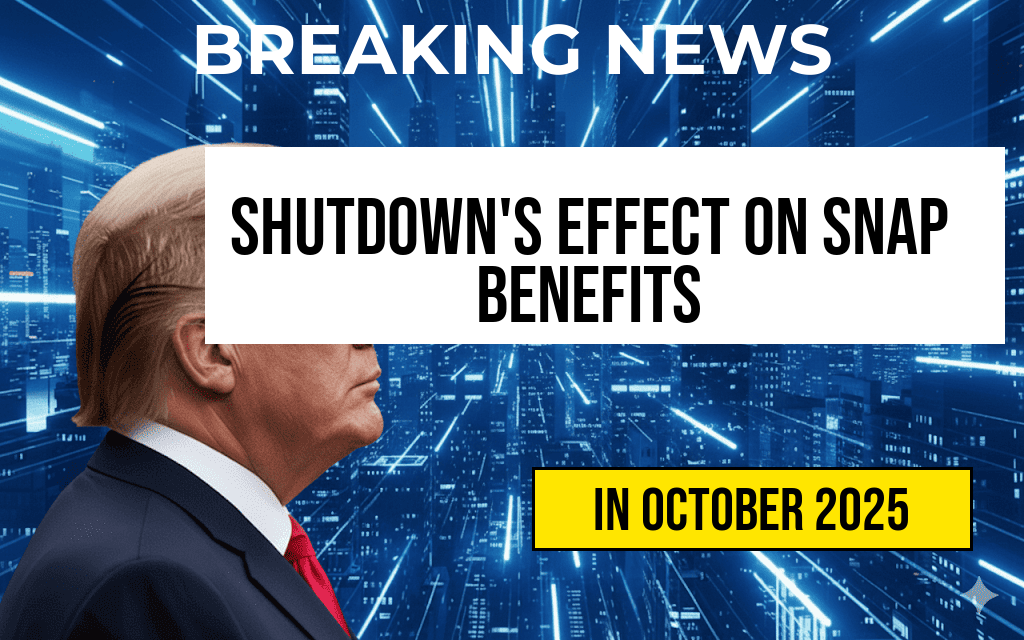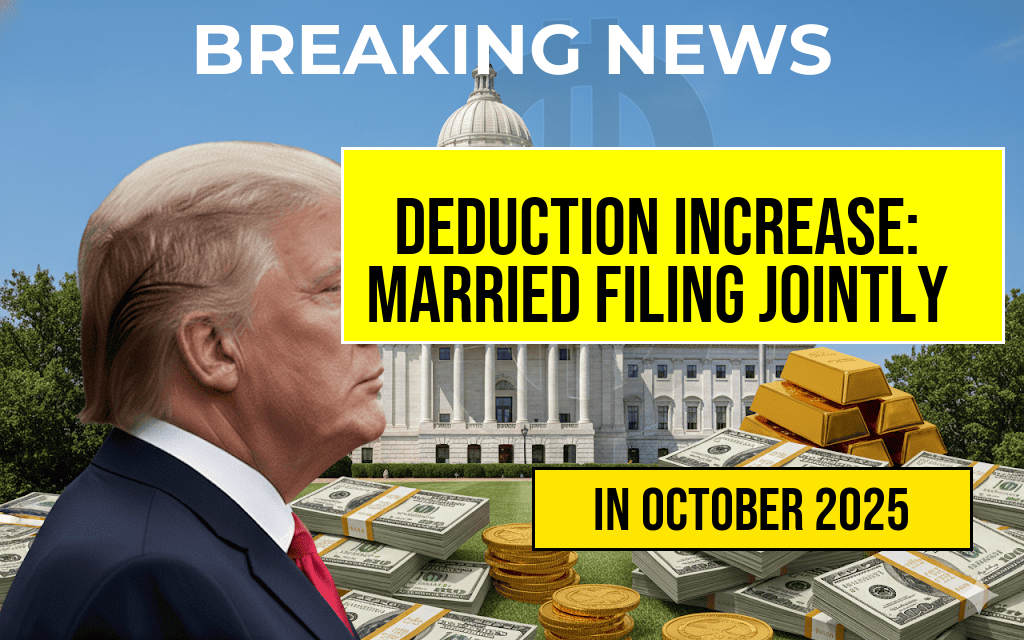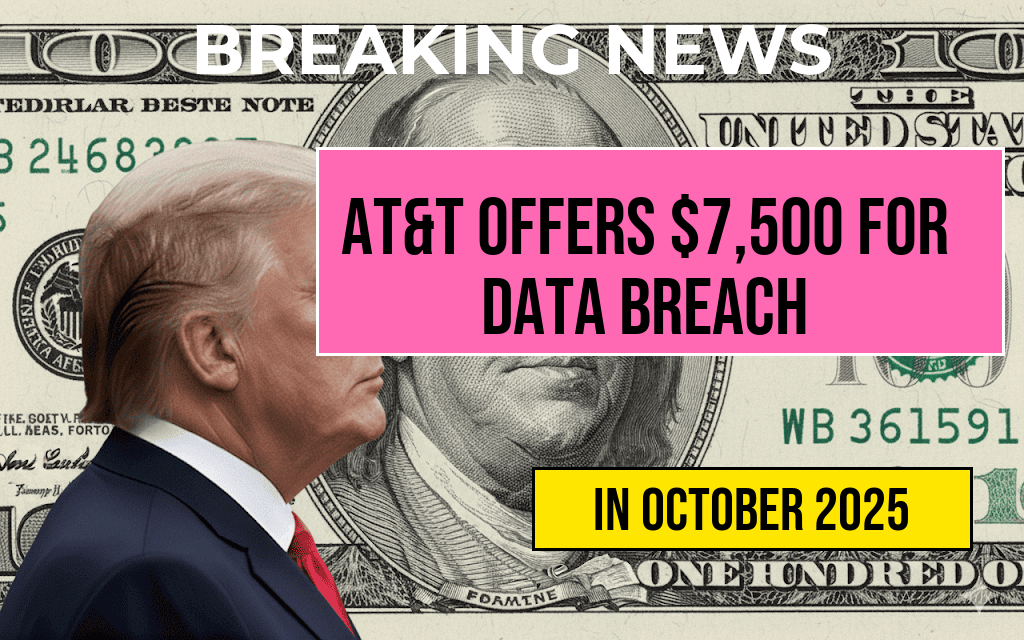Fast food workers across New York City have launched a new campaign demanding an $18 an hour minimum wage, citing rising living costs and persistent wage stagnation. The movement, spearheaded by local labor groups and worker advocates, aims to pressure restaurant chains and policymakers to elevate wages to better reflect the city’s economic realities. As the cost of housing, transportation, and everyday essentials continue to climb, many employees say their current pay leaves them struggling to meet basic needs. The campaign arrives amid ongoing debates over fair compensation in the rapidly evolving food service sector, highlighting the broader challenge of ensuring living wages in a city known for its high expenses and income inequality.
Background of the Wage Campaign
The push for an $18 minimum wage in NYC is rooted in longstanding concerns over low pay among fast food employees. Many workers report earning around $15 an hour, with some earning less after taxes and deductions, despite working full-time hours. According to data from the U.S. Bureau of Labor Statistics, fast food workers in urban areas often face wages below the city’s living wage estimates, which consider housing, transportation, and healthcare costs.
Labor advocates argue that raising wages to $18 an hour would significantly improve workers’ quality of life, reduce turnover, and promote economic stability. The campaign aligns with broader efforts across the country to push for a $15 minimum wage, but organizers contend that in NYC, a higher figure is necessary to keep pace with inflation and the rising cost of living. This demand echoes similar initiatives in other major cities, where worker advocates are increasingly vocal about fair pay in essential service industries.
Responses from Industry Stakeholders
Major fast food corporations operating in New York City have responded cautiously to the campaign. Some have expressed openness to wage increases, citing the importance of employee retention and community goodwill. Others remain resistant, citing thin profit margins and competitive pressures. In a statement, a representative from one of the leading chains stated, “We are committed to supporting our workers and continuously reviewing our compensation packages to ensure they are fair and competitive.”
However, labor groups argue that existing wage levels are insufficient to sustain workers amid soaring rents and inflation. According to a recent report from the Economic Policy Institute, the median rent for a one-bedroom apartment in Manhattan exceeds $3,000 per month, a figure many fast food workers cannot comfortably afford on current wages.
Policy and Political Context
The campaign for an $18 minimum wage comes at a time when New York City policymakers are debating legislation related to fair wages and worker protections. The city council has previously approved phased increases in the minimum wage, reaching $15 an hour for large employers by 2019. However, advocates argue that these measures do not go far enough for sectors like fast food, where workers often face inconsistent hours and limited benefits.
State officials have shown some support for wage hikes, with Governor Kathy Hochul emphasizing the importance of equitable pay. Yet, legislative action to raise the minimum wage beyond current levels remains politically contentious, with opponents citing economic concerns and business impacts. The NYC campaign seeks to add pressure on policymakers to consider a substantial increase tailored to the city’s unique economic landscape.
Impact on Workers and the Local Economy
| Aspect | Potential Impact |
|---|---|
| Worker Income | Significant boost in earnings, reducing financial stress and improving quality of life |
| Employment Levels | Possible short-term fluctuations due to increased labor costs, though advocates argue effects may be minimal |
| Business Operations | Potential adjustments in staffing or pricing; some chains may absorb costs to maintain competitiveness |
| Local Economy | Increased disposable income among workers could stimulate spending in local businesses |
Supporters of the wage increase contend that the additional income would empower workers, enabling better housing stability and reducing reliance on public assistance programs. Critics, however, warn of potential impacts on small businesses and affordability, emphasizing the need for balanced solutions that support both workers and economic vitality.
Next Steps and Broader Implications
The campaign has organized protests and petitions, aiming to garner public support and influence city officials. Worker rallies are scheduled throughout the coming months, with organizers emphasizing the importance of collective action in shaping policy change. If successful, this initiative could set a precedent for other cities grappling with similar issues in the service industry.
Experts suggest that the outcome of this campaign may influence broader discussions about fair wages across the nation, especially as inflation persists and economic disparities widen. For now, fast food workers in New York City stand at the forefront of a local movement to redefine what it means to earn a living wage in America’s most expensive city.
For more information on wage laws and worker rights, visit Wikipedia’s page on wage labor in the U.S. or consult reports from Forbes.
Frequently Asked Questions
What is the main goal of the New York fast food workers’ campaign?
The primary goal of the campaign is to advocate for a $18 an hour minimum wage for fast food workers across New York City, aiming to improve their financial stability and working conditions.
Why are fast food workers in NYC demanding a higher minimum wage?
Fast food workers in NYC are demanding a higher minimum wage to ensure they can earn a living wage that reflects the high cost of living in New York City and to address issues of income inequality.
What strategies are the workers using to push for their wage increase?
The workers are organizing , engaging in advocacy campaigns, and collaborating with labor unions to raise awareness and apply pressure on employers and policy makers.
How might this campaign impact fast food employment in NYC?
If successful, the campaign could lead to higher wages for workers, potentially influencing employment practices in the fast food industry, but it could also raise concerns about business costs and employment levels.
Are there any similar campaigns happening in other cities or industries?
Yes, similar wage increase campaigns are occurring in other cities and industries nationwide, as part of a broader movement advocating for living wages and better working conditions.



